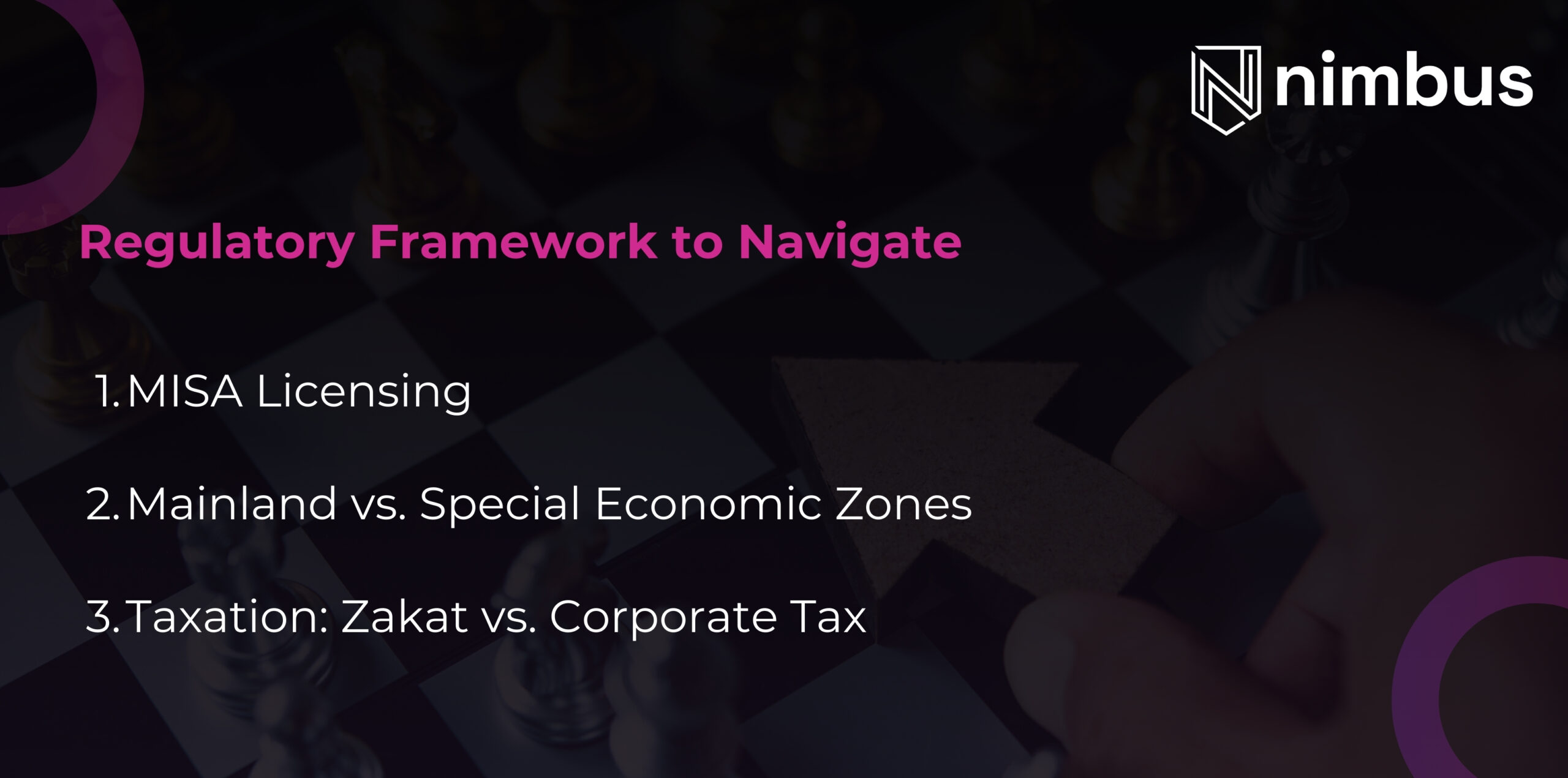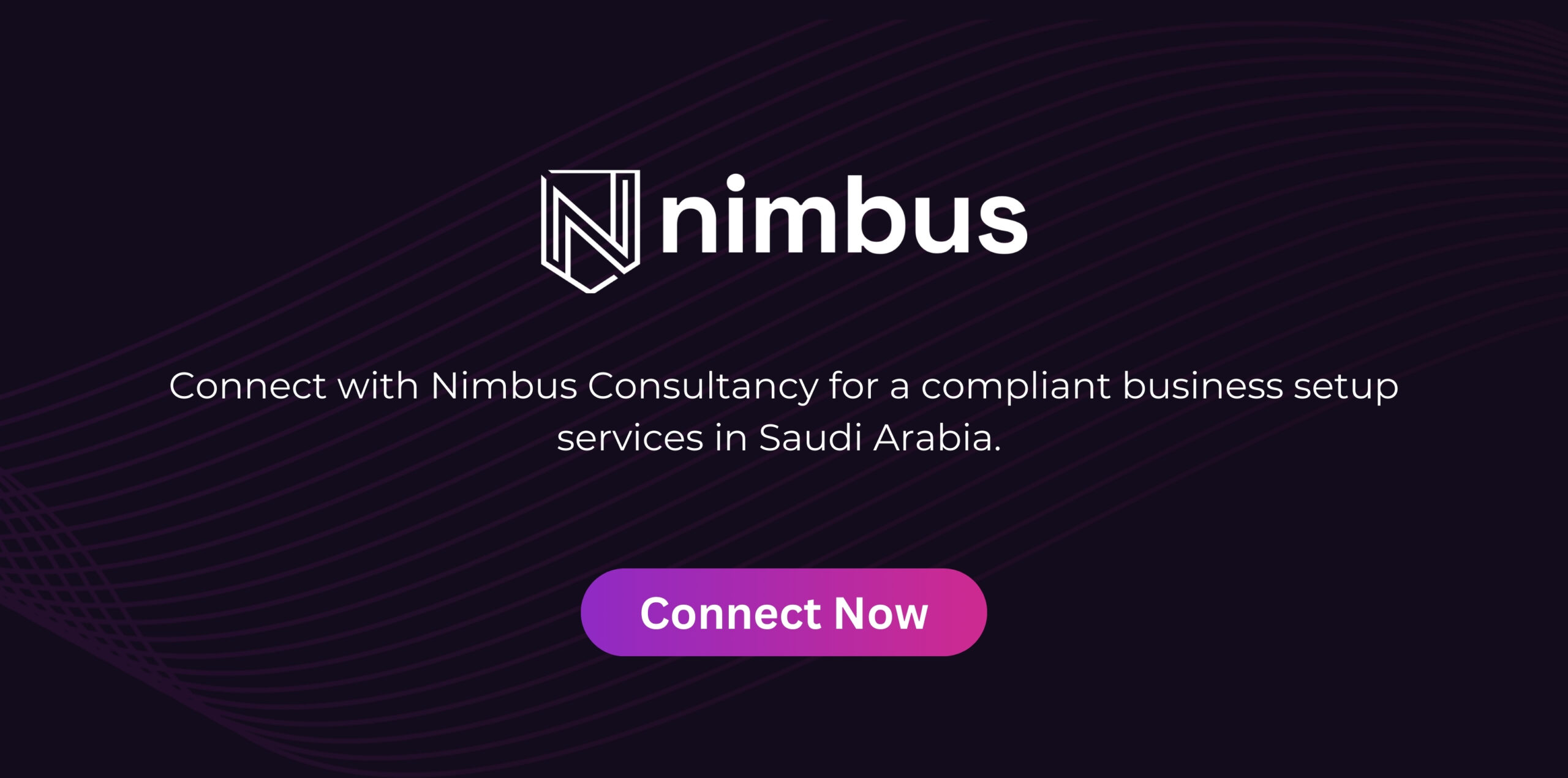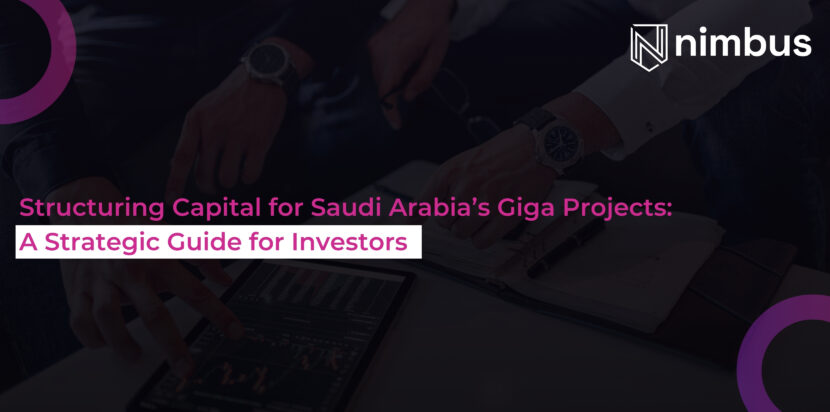Saudi Arabia’s giga projects, from NEOM to Red Sea Global and The Line, represent some of the largest development initiatives in the world. With NEOM alone projected to cost USD 1.5 trillion and add USD 48 billion to the Kingdom’s GDP by 2030, these projects signal unprecedented opportunities.
But with opportunity comes complexity. For investors considering business setup in the KSA, the scale, regulatory environment, and capital requirements of these projects mean that structuring is not optional anymore but a strategic necessity.
This post explores why capital structuring is critical, the regulatory frameworks to navigate, structuring models available, and the mistakes to avoid. It concludes with practical steps to prepare for successful Saudi company formation in the giga project space.
Why Structuring Is Essential for Giga Projects?
Investing in giga projects is unlike any other form of business incorporation in Saudi Arabia. These initiatives operate on massive scales and require navigating sovereign oversight, cross-border capital flows, and long-term return horizons.
Without the right structure, investors risk tax inefficiencies, misaligned capital flows, and exposure to regulatory penalties. The challenges include:
- Scale and Oversight
NEOM spans 26,500 km² and carries direct involvement of the Public Investment Fund (PIF) and the Ministry of Investment (MISA). Any investment is subject to intense scrutiny. - High Upfront Costs and Delayed Returns
Projects like The Line, estimated at USD 500 billion, will not yield returns until well after 2030. Multiple contractors, SPVs, and financing arrangements increase litigation and cash flow risks. - Local Partner and Ownership Requirements
While foreign ownership is permitted, joint ventures with Saudi partners unlock greater incentives and benefits. Investors must also account for withholding taxes ranging from 5–20 percent, though double taxation treaties with 57 countries offer relief.
In short, investors cannot afford a casual approach. A strong structure aligns incentives, mitigates risks, and ensures sustainable returns.
– Regulatory Framework to Navigate
Any investor pursuing business setup services in Saudi Arabia must be prepared to work within a layered regulatory framework. Key aspects include:

- MISA Licensing
MISA issues licenses across trading, industrial, and service categories. For giga projects, commercial trading and service licenses are most common, with capital requirements starting from SAR 26.6 million for trading. - Mainland vs. Special Economic Zones
While mainland licensing is managed by MISA, special economic zones such as NEOM and King Abdullah Economic City (KAEC) offer alternative routes. These zones provide benefits like a flat 5 percent corporate tax rate compared to 20 percent on the mainland and no withholding tax on profit repatriation for 20 years. - Taxation: Zakat vs. Corporate Tax
Saudi partners are subject to a 2.5 percent Zakat levy on net assets, while foreign investors pay 20 percent corporate tax. Structuring joint ventures can unlock tax optimization. Free zones reduce corporate tax to 5 percent in many cases, adding another layer of planning.
For investors, the choice between a mainland license, a free zone setup, or a hybrid approach is critical. Each impacts long-term profitability and repatriation.
– Structuring Models for Efficient Capital Deployment
Sophisticated investors use different structuring models depending on the scale and goals of their investment.
HoldCo + OpCo Setup
An offshore holding company owns the Saudi operating company.
- Pros: Tax efficiency, asset protection, easier repatriation.
- Cons: More complex setup, higher compliance requirements.
An SEZ SPV + Mainland Branch
A Special Purpose Vehicle (SPV) in an SEZ like NEOM manages financing, with a branch in mainland Saudi Arabia for operations.
- Pros: Simplifies licensing and optimizes tax exposure.
- Cons: Requires dual governance and accounting systems.
Project Finance Vehicles (PFVs)
PFVs isolate risks for multi-phased projects like The Line’s 135 modules. They can be funded through equity from PIF and private investors, or debt instruments such as sukuk.
- Pros: Ring-fences liabilities and appeals to lenders.
- Cons: High structuring costs and complex covenants.
Balanced Equity and Debt Mix
Striking the right mix of equity from investors and debt from local banks or Islamic finance instruments reduces dilution while tapping into domestic capital sources.
- Pros: Access to local Islamic finance markets.
- Cons: Debt servicing risks if projects are delayed.
– Mistakes That Reduce Returns
Too often, investors misstep in their approach to Saudi company formation for giga projects. Common mistakes include:
- Wrong Sequencing: Mis-timed filings or structuring delays can lead to fines of up to USD 13,600.
- Ignoring Zakat Optimization: Missing the opportunity to use Saudi partners for tax advantages.
- Overlooking Double Tax Treaties: Not leveraging treaties increases withholding tax burdens unnecessarily.
- Neglecting Exit Planning: Failing to plan for asset sales or transfer can restrict future flexibility.
- Underusing Islamic Finance: Overlooking sukuk and sharia-compliant financing limits access to significant pools of capital.
These oversights not only increase costs but also erode investor confidence and long-term profitability.
– Action Plan for Investors
For those pursuing business setup in Saudi Arabia’s giga projects, preparation is key. Recommended steps include:

- Conduct a Structuring and Feasibility Audit
Review feasibility, costs, and regulatory alignment. For example, NEOM’s cost of USD 1.5 trillion requires an appreciation of its long-term GDP contribution of USD 48 billion. - Map Capital Flows
Design a clear route for investment funds, whether through an SPV, PFV, or holding company, while ensuring tax-efficient repatriation using double taxation treaties or SEZs. - Choose the Right Jurisdiction
Select between offshore structures, NEOM’s free zone benefits, or mainland licensing, depending on project type and goals. - Engage Advisors Early
Working with business setup services ensures licensing, taxation, and structuring are strategically aligned from the start.
Why You Need Expert Guidance?
Specialist firms offering business setup services bring crucial expertise to giga project structuring. They provide guidance on MISA licensing, free zone advantages, and compliance along with tax structuring that optimizes Zakat, corporate tax, and international treaties.
By partnering with experienced advisors, investors can protect capital and improve the resilience of their Saudi business setup.
Structure Is Strategy

Saudi Arabia’s giga projects offer enormous opportunities for global investors, but their complexity requires more than enthusiasm. From choosing between SPVs and mainland JVs to optimizing tax exposure and planning for exit, every step impacts long-term profitability.
For investors considering business setup in the KSA, structuring is where success begins. Partnering with experts in Saudi company formation helps investors turn potential into performance.


